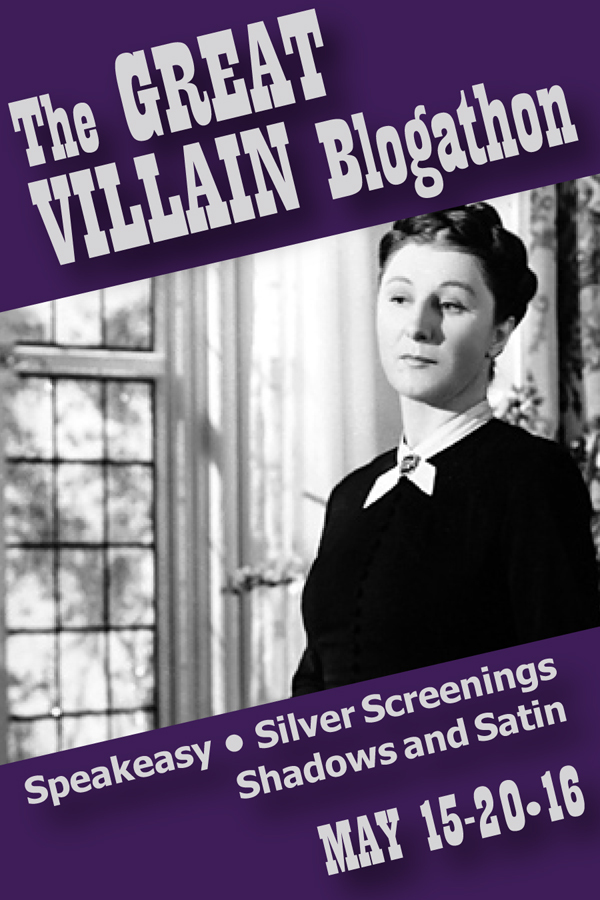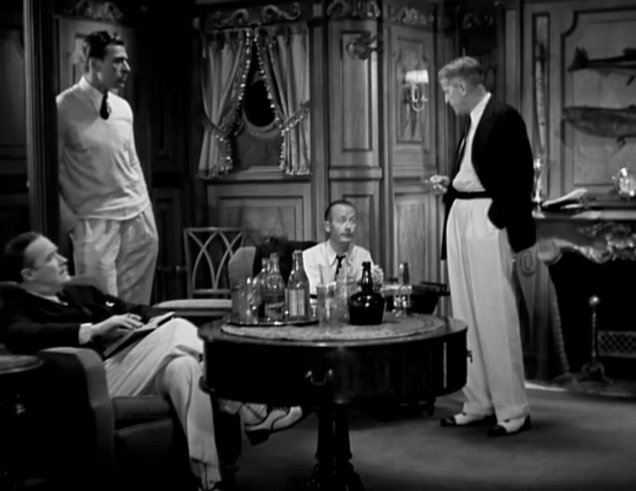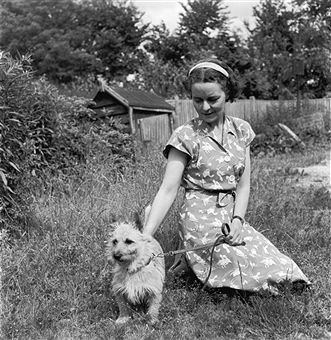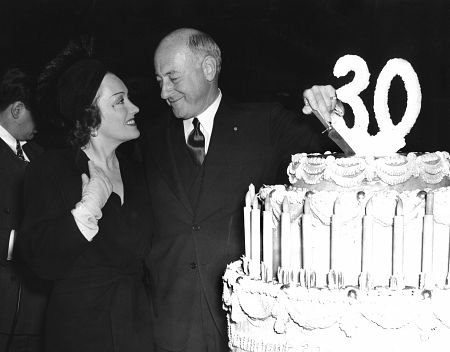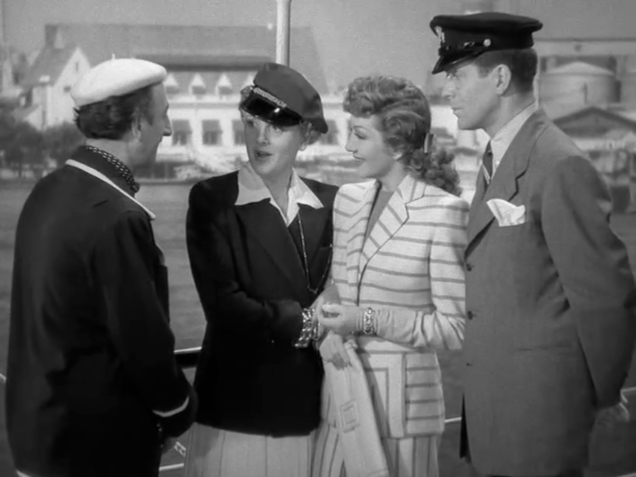This post is part of The Classic Movie Ice Cream Social hosted by Fritzi of Movies Silently. Be sure to check out the other entries here!

Sometimes there is a part of me that yearns for a simpler time. I don’t want to go back to olden days completely, I’m much too big a fan of air-conditioning, vaccines, antibiotics, and Wifi to do that. But there is a part of me that wishes for a bit more of that sense of simple community life and family connectedness, the days when kids went out when the sun came up and came home when the fireflies came out, a time when you knew your neighbor and where your food came from, a time of soda jerks and ice cream parlors. So when the nostalgia hits me, I try to find a movie that can show me that simpler time which is why I ended up buying ROUGHLY SPEAKING from the Warner Archive.

In the 1920s, Louise Randall (Rosalind Russell) learns that not only has her father died but that her family is also penniless. In an effort to help Louise attend college her mother sells her own jewelry to pay for the tuition. Louise throws herself into her work determined to “be on the inside looking out”, and soon excels in her secretarial courses. Her first temp job is at a shipyard where she wins over her misogynistic boss with her wit and skill. Soon after Louise and her friend, Alice move out to New Haven, Connecticut and rent a room in the same building as two Yale University students. These two young men are Rodney Crane (Donald Woods) and Jack Leslie and the four become quite important to each other. Jack and Alice soon fall in love and marry, and Rodney eventually proposes to Louise.
Louise agrees to marry Rodney but their wedding is anything but acceptable. At the ceremony, Louise refuses to wear white, will not take her husband’s name, and refuses to vow to obey. Problems arise after the wedding too as Louise wants to continue working while Rodney insists that she stay home. The “happy couple” move to New York City where Louise quickly gives birth to four children, Barbara, John, Rod, Jr. and Louise, Jr. World War II breaks out and Louise does her bit, complete with victory garden and selling war bonds. She also finds a large although somewhat run down house along the Hudson River and moves her growing family there.
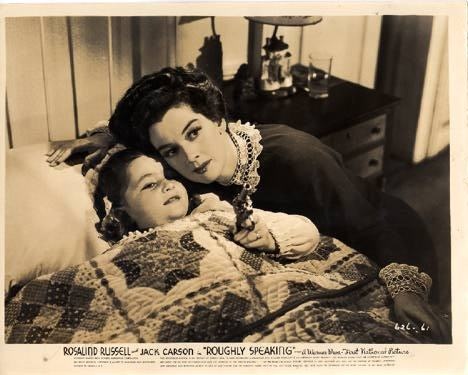
Life is happy despite the hard times but one day Louise Jr. falls ill. When the doctor leaves Louise must deal with the fact that every one of her children has been diagnosed with polio. Louise now throws herself into caring for her children, nursing each one back to health even Louise Jr. who is sickest and left slightly lame from her illness. Undaunted in the face of adversity, Louise keeps her spirits high even when Rodney comes home after being laid off. In fact, she simply goes out and gets a job herself in order to help support the family while her husband gets back on his feet. But Rodney doesn’t see things in such a sunny way and takes this as a slight and a lack of sympathy on his wife’s part. Eventually Rodney finds a new job and a much younger woman. He comes home one evening to tell Louise that he is leaving her and the children after ten years of marriage.
Based on the bestselling autobiography of Louise Randall Pierson, who also wrote the screenplay, ROUGHLY SPEAKING is a great offering from Michael Curtiz. Made a time when morale was low, this film seems to speak to the spirit of the America that was and that could be again. Showing the indomitable spirit of a woman raising her family in spite of the obstacles thrown in front of her was most likely meant to encourage the movie going public to believe in the possibility of “the good life” once again.
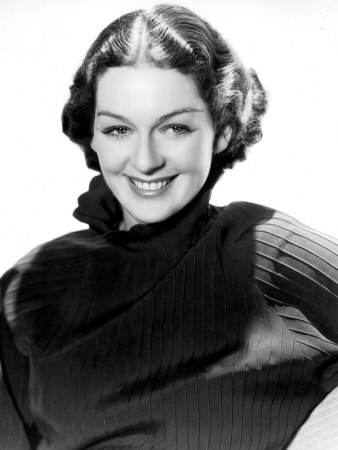
Apparently, Bette Davis turned down the lead role and I’m going to go out on a limb here and say that that was a good thing. Now don’t get me wrong, I love Bette Davis. But there is a quality to her that doesn’t quite fit with the picture of Louise Randall. Bette Davis always has a classiness to her, a level of being slightly above, and while I don’t doubt that she can play down to earth women there is definitely something about her that makes me feel like it doesn’t quite ring true. On the other hand, Rosalind Russell strikes me as the perfect actress for this role. There is a realness and “ready for anything” quality that makes her infinitely watchable and believable as an ordinary wife and mother who made her life what she wanted it to be. I love Rosalind Russell, she just seems willing to jump into anything be it comedy, drama, romance, action, you name it. If Rosalind Russell is in a film chances are I’ll watch it and end up liking it, if only just for her. Luckily, ROUGHLY SPEAKING boasts a great supporting cast and director as well as a terrific story. It is a film that I just flat out enjoyed and had fun watching which is sometimes the best kind of film of all.
